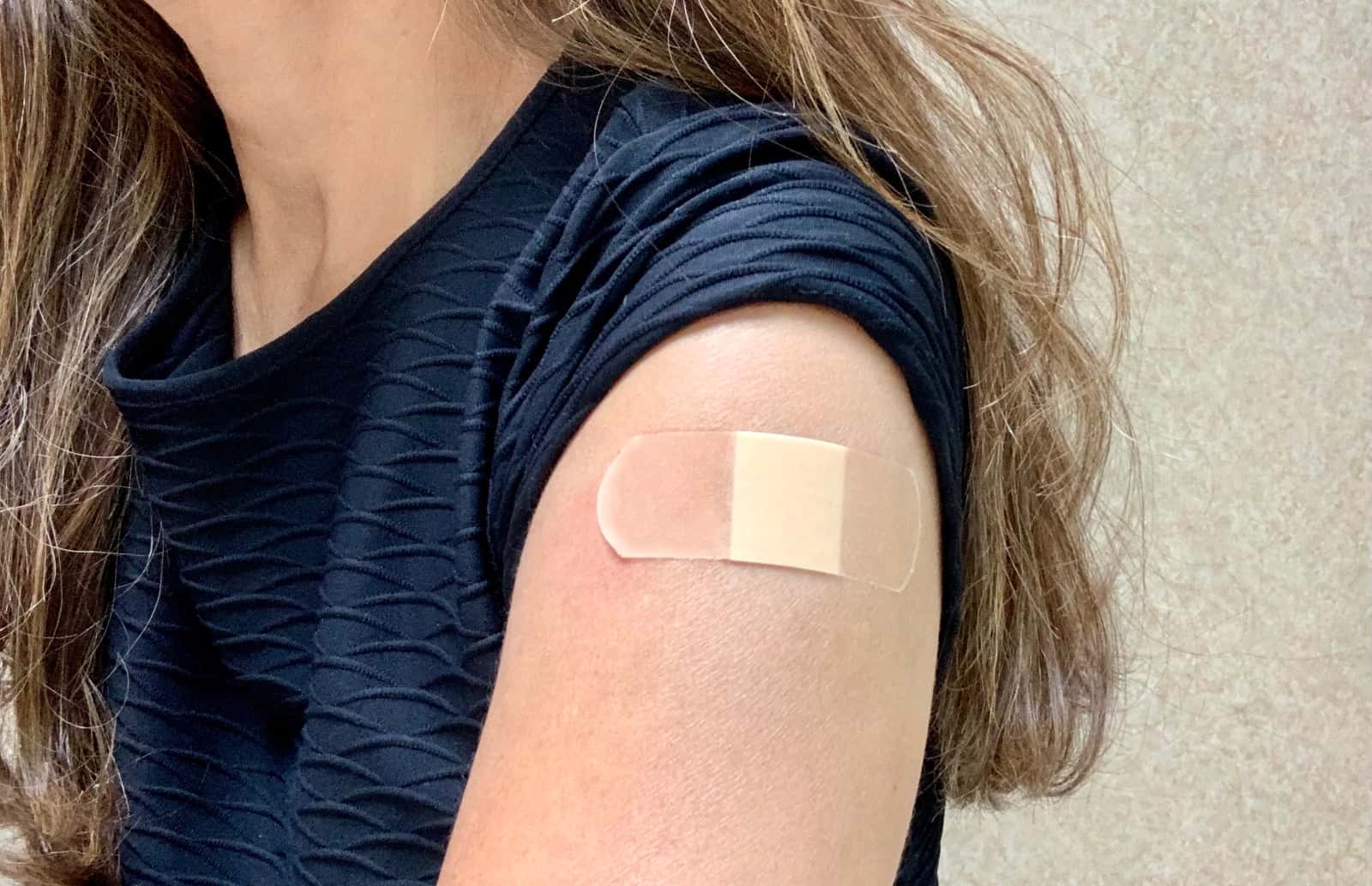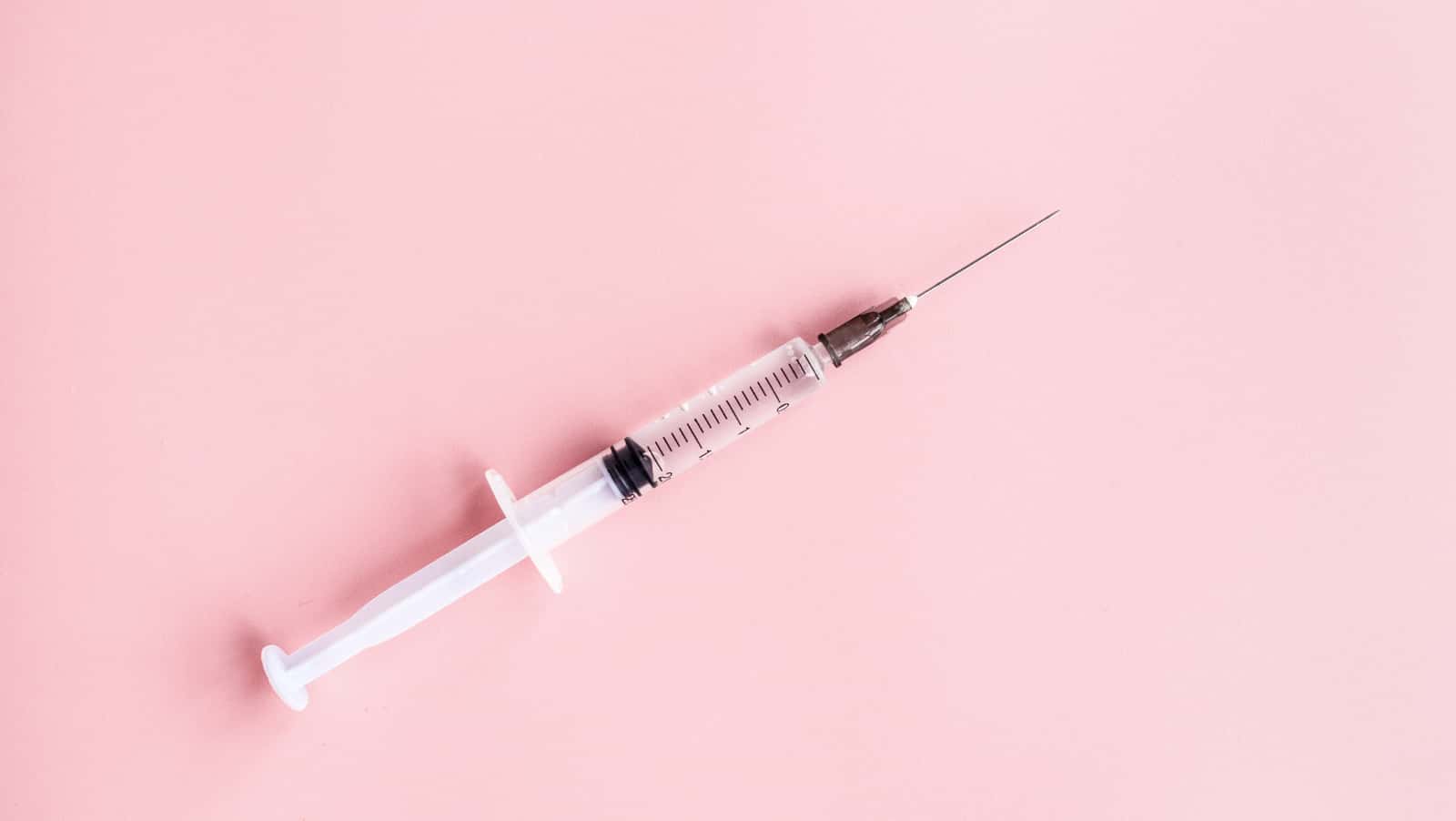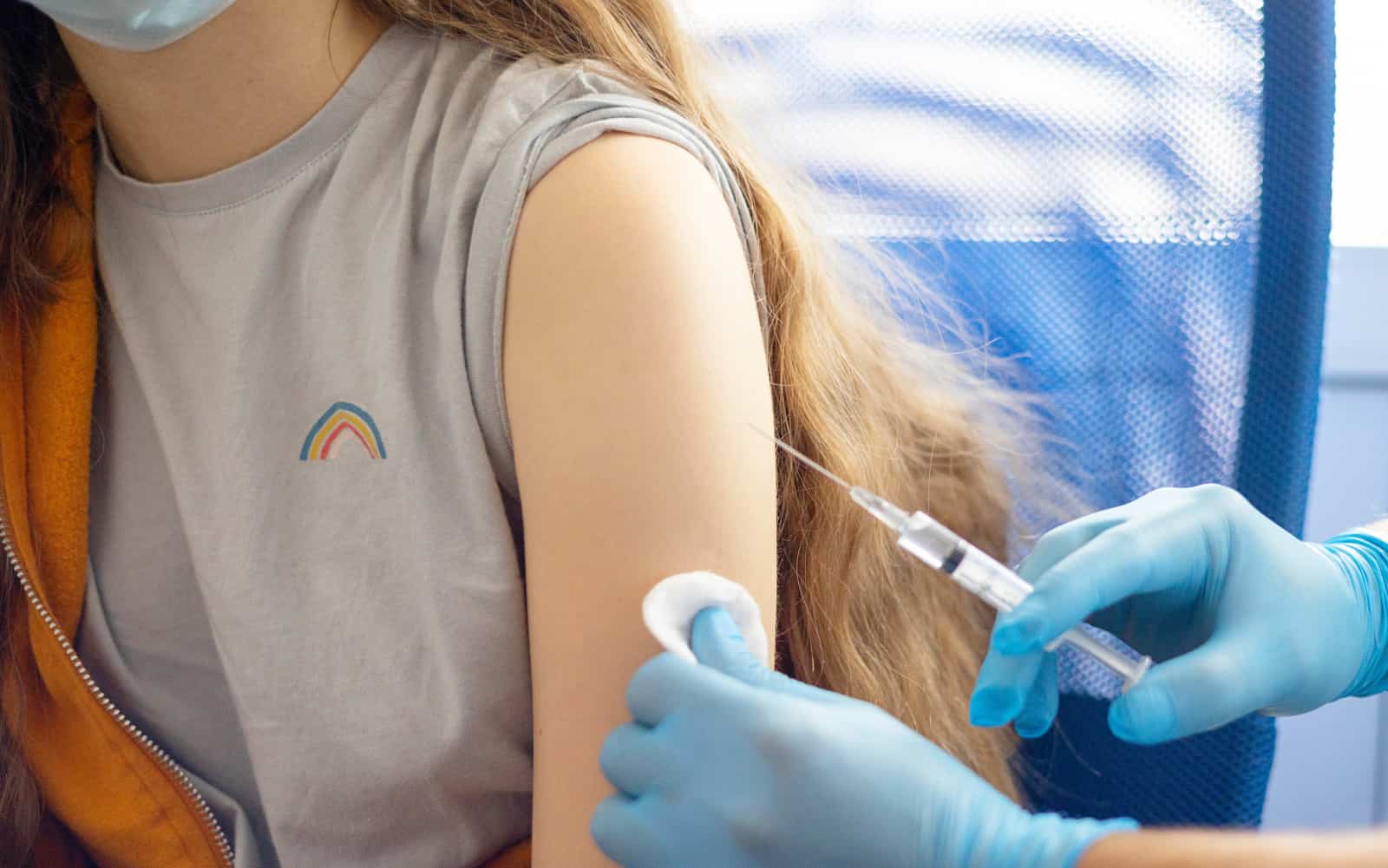
Go easy on the alcohol
Alcohol intake has been linked to increased DNA fragmentation in sperm and reduced oocyte quality, however there are still ways you could

Alcohol intake has been linked to increased DNA fragmentation in sperm and reduced oocyte quality, however there are still ways you could

If you’re thinking of making a change in your diet this year, you may want to consider fish, with a decent amount

After a stressful and frustrating year, many people are looking forward to coming together and celebrating. One aspect that remains the same

We just assumed we would fall pregnant immediately and it did not make sense to us that while we were struggling, people

There have been reports that due to the severity of Covid-19, long term organ damage can affect the heart, lungs and brain,

Reliable research from large cohort studies has found there is no increased risk of side effects among pregnant women.

Concerns that the vaccine could cause infertility are unfounded and goes against current research, despite the fear-mongering going on in some parts

According to the Royal Australian and New Zealand College of Obstetricians and Gynaecologists (RANZCOG), it is highly recommended that women who are

Women with Polycystic Ovary Syndrome (PCOS) produce higher than normal levels of male hormones and as a result, it can impact their
Every story written here comes from Fertility First's Research Team, a group of scientists that doesn't just talk about the science behind fertility and reproduction, it lives and breathes it. Staffed by the doctors and scientists working behind the scenes at Fertility First, this team of dedicated embryologists, andrologists, and fertility experts collectively has over 40 years experience in the field.
Yes, chronic stress can impact fertility by disrupting hormonal balance and ovulation patterns. Managing stress through relaxation techniques, regular exercise, adequate sleep, and mindfulness practices may help optimise your chances of conception. Consider speaking with a counsellor if stress feels overwhelming.
Sperm health accounts for about 40% of conception challenges. Your partner can improve sperm health by maintaining a healthy weight, avoiding excessive heat exposure (hot tubs, saunas, tight clothing), limiting alcohol, quitting smoking, managing stress, and taking a multivitamin with antioxidants. Sperm takes about 3 months to develop, so lifestyle changes need time to show results.
Your fertile window typically spans 5-6 days, ending on ovulation day. For a regular 28-day cycle, this usually falls between days 10-15, with peak fertility 1-2 days before ovulation. Track your cycle using ovulation predictor kits, basal body temperature, or cervical mucus changes to identify your unique pattern. Having intercourse every 1-2 days during this window optimises your chances.